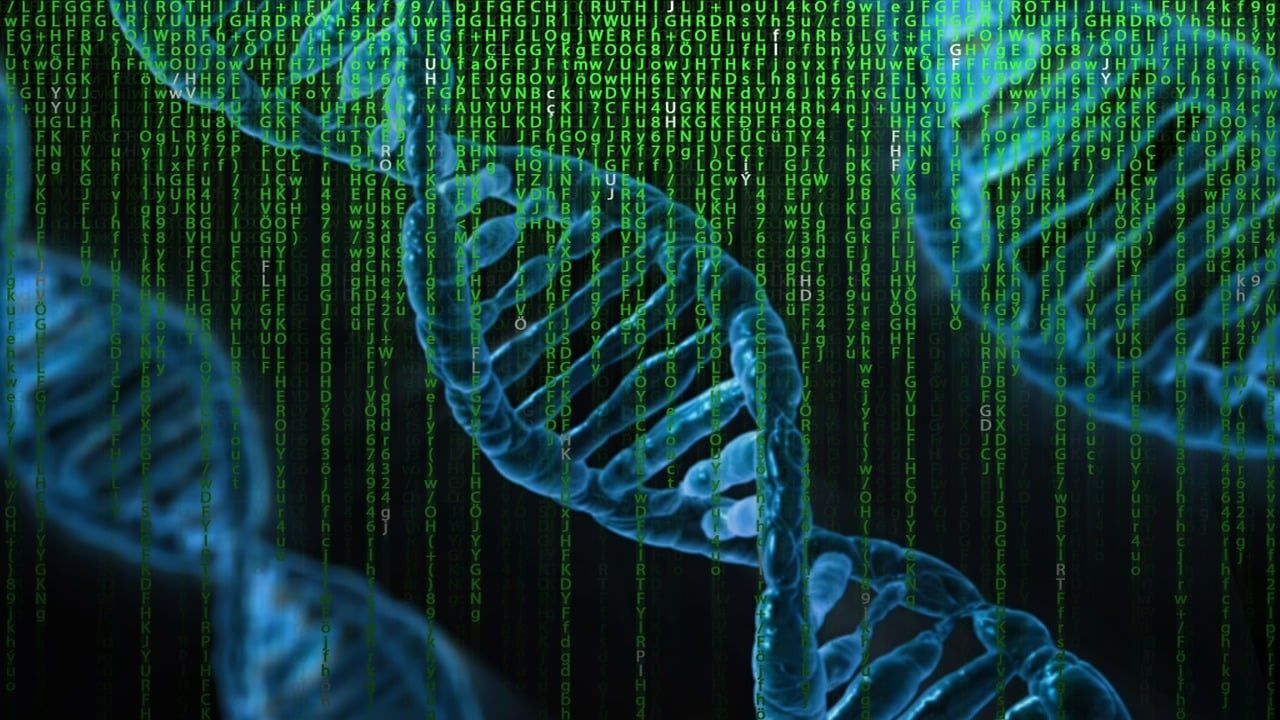An Artificial Intelligence identifies an approach for a universal cancer treatment
Follow us on Google News (click on ☆)

Image credit: Pixabay
The researchers published their findings in the journal Nucleic Acids Research, highlighting mutations in these overlooked regions of the genome. These mutations were found to be involved in the formation and progression of several cancers, including prostate, breast, and colon cancers. This discovery paves the way for early diagnostics and new treatments for many types of cancer.
Dr. Amanda Khoury, the lead author of the study, explained that non-coding DNA, once thought to be useless, could offer a universal approach to cancer treatment. By targeting these common mutations, researchers hope to develop more effective therapies.
The scientists focused on the binding sites of the protein CTCF, which play a crucial role in the three-dimensional organization of the genome. Their disruption could lead to gene dysregulation and promote cancer development. To test this hypothesis, they used a machine learning tool called CTCF-INSITE to predict persistent CTCF binding sites in 12 types of cancer.
Using this tool, they analyzed over 3,000 tumor samples, revealing that the CTCF binding sites were rich in mutations in all the cancer samples. These mutations would give cancer cells a survival advantage, allowing them to proliferate and spread.
Professor Susan Clark, head of the cancer epigenetics lab at the Garvan Institute, believes these findings could have broad implications for the treatment of many cancers. Current treatments need to be tailored to specific mutations, which are often rare among different tumor types, but CTCF binding sites offer a common target across multiple cancers.
The next steps in the research will include large-scale experiments using CRISPR genetic editing to study how these mutations affect the 3D structure of the genome and potentially promote cancer growth. This approach could lead to the development of biomarkers for early cancer detection or targets for new treatments.